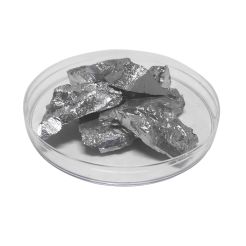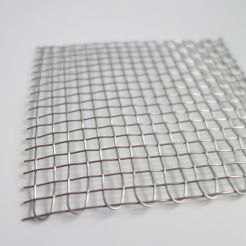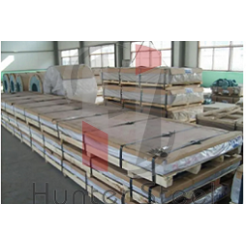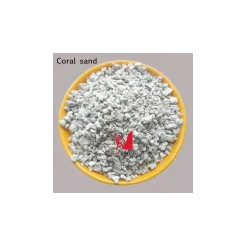methylcellulose for construction cosmetics and petroleum additive
Product Description
Related Products:Calcium Carbonate in PVC Profiles, Spodumene for EV Batteries, Fireproof Vermiculite Powder
Product Description: Methylcellulose
Introduction: Methylcellulose is a versatile chemical compound widely used in various industries such as pharmaceuticals, food, and adhesives. It is derived from cellulose, a complex carbohydrate found in the cell walls of plants. Methylcellulose is produced through the reaction of cellulose with methyl chloride, resulting in a compound composed of different amounts of methyl and hydroxyl groups. This modification enhances the water solubility and viscosity properties of cellulose, making methylcellulose an essential ingredient in numerous applications.
Specification: Methylcellulose is available in various grades depending on its viscosity, level of substitution, and particle size. The viscosity of methylcellulose is typically measured in centipoise (cP), indicating its thickness and flow characteristics. The level of substitution represents the average number of methyl groups per glucose unit in the cellulose chain and determines the degree of water solubility. Particle size is significant when considering solubility, dispersibility, and flowability of the product.
Classification: Methylcellulose is classified as a hydrophilic polymer due to its water-soluble nature. Its unique properties include high water retention, pseudo-plasticity, thickening ability, film formation, and emulsifying effects. Based on the viscosity and level of substitution, methylcellulose is classified into different grades, which determine its specific applications. These grades typically range from low viscosity (e.g., 5 cP) to high viscosity (e.g., 4000 cP).
Usage: 1. Pharmaceuticals: Methylcellulose is widely used in the pharmaceutical industry, particularly in the production of oral solid dosage forms. It acts as a binder, providing excellent tablet cohesion and strength. Due to its swelling properties, it also helps control drug release rates, ensuring desired pharmacokinetics. Additionally, methylcellulose is used as an emulsion stabilizer and suspending agent in liquid medications.
2. Food Industry: Methylcellulose plays a crucial role in the food industry, primarily as a thickener and stabilizer. It enhances the texture and mouthfeel of various food products, including dairy alternatives, sauces, dressings, and baked goods. Methylcellulose also acts as a fat replacement, improving the texture of low-fat or low-calorie products. Its water-binding capacity is essential in ensuring moisture retention, preventing syneresis, and prolonging the shelf life of food items.
3. Personal Care and Cosmetics: Methylcellulose finds applications in the personal care and cosmetics industry due to its film-forming and emulsifying properties. It is used in hair products such as styling gels, mousses, and creams for improved hold and texture. Additionally, methylcellulose is utilized in skincare and makeup products, contributing to their texture, stability, and spreadability.
Conclusion: Methylcellulose is a versatile and widely used chemical compound with diverse applications in various industries. Derived from cellulose, it exhibits unique properties such as water solubility, pseudo-plasticity, and thickening ability. Whether in pharmaceutical formulations, food products, or personal care items, methylcellulose serves as a valuable ingredient, enhancing the quality, stability, and overall performance of numerous products. Its versatility and range of grades make it a preferred choice across multiple applications, highlighting the significant role of methylcellulose in various industries.
Email: info@yayangminerals.com
Mob.: +86 139 3197 2130
Mob.: +86 183 3205 1888
WeChat: +86 139 3197 2130
Add.: Lubaishan Village, Lingshou County, Shijiazhuang, Hebei, China











